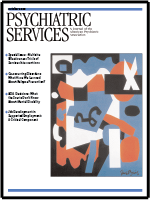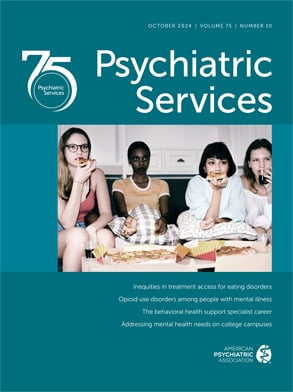Open Heart: A Patient's Story of Life-Saving Medicine and Life-Giving Friendship, by Jay Neugeboren, is an incredibly heartwarming tale by an author who is perhaps best known to the readers of this journal for his books Imagining Robert and Transforming Madness. Neugeboren focuses on three relationships in Open Heart: his heart, his friends, and his penis. The real value of the book is a description of the relationships between Neugeboren and four lifelong friends. The relationships get played out around Neugeboren's cardiac disease. The penile relationship, most of which relates to medical and physiological disorders of the organ, is one that is obviously important to Neugeboren and true to the chronology but was mostly a diversion for this reader.
Four of Neugeboren's friends work with him and with each other to save his life. All five of these guys grew up together in Brooklyn. Three are physicians: one is director of the AIDS program at Yale-New Haven Hospital; another, a neurologist in Denver, Colorado; and another, a cardiologist at Cedars Sinai Medical Center in Los Angeles. The fourth is a psychologist in private practice. Before going any further I state without any reservation that every literate male in America should read this book; those for whom the book's reading level is beyond their capacity should have somebody read it to them.
Why? Open Heart is the story of men with open hearts. It is the story of sweet, caring, supportive, lifelong relationships among a cohort of American men that is so rarely the subject in any American media and so outside the experience of such a large proportion of American men that some readers of Open Heart might think it a work of fiction.
There is much in Open Heart about the state of American medicine, the doctor-patient relationship, the interaction of compassion and technical skills, and what it means to care for the person beyond the patient that makes this useful reading for all physicians. The good doctor as per Neugeboren: "It is only by carefully listening to and examining a patient, by putting a patient's symptoms and concerns into the larger context of the patient's individuality and history, and by considering the individual patient in the context of their own knowledge and clinical experience that they believe they have a good shot at an accurate diagnosis and a beneficial treatment plan." Neugeboren visits the issue of the physician's role when the best he or she can do is care and not cure. Neugeboren quotes one of his friends: "I think one of the main things in being a doctor these days is making sure the technology doesn't overrun your judgment." Neugeboren stresses the importance of keeping the patient as fully informed as possible and talks about his own ease and uneasiness when left without an understanding of his disease.
Men and medicine have much to learn from Neugeboren. One of his resonant messages: "The things people want from their doctors, and that they are, in recent years, getting less of, have much in common with what they want from friendship." Some might say it's just too late for American medicine. To that I would respond with an African proverb that Neugeboren quotes: "The best time to plant a tree is 20 years ago. The second best time is now."
The only aspect of Open Heart that disappointed me was Neugeboren's failure to draw parallels between his situation and that of his brother Robert, his younger sibling about whom he has written extensively. Perhaps that is Neugeboren's next book; I look forward to it.
Finally, I have a suggestion for how we might use Open Heart to improve the practice of medicine. If the American Medical Association (AMA) stopped sending me and all other physicians the multitude of junk mailings they send out to members and nonmembers alike, it could probably cut a deal with Houghton Mifflin, the publishers of Open Heart, to send a copy of the book to every physician in the United States and to do so in a cost-neutral fashion. The AMA would probably get more new members than they do with their current campaign, and physicians in the United States might be much better able to practice medicine with an open heart.

